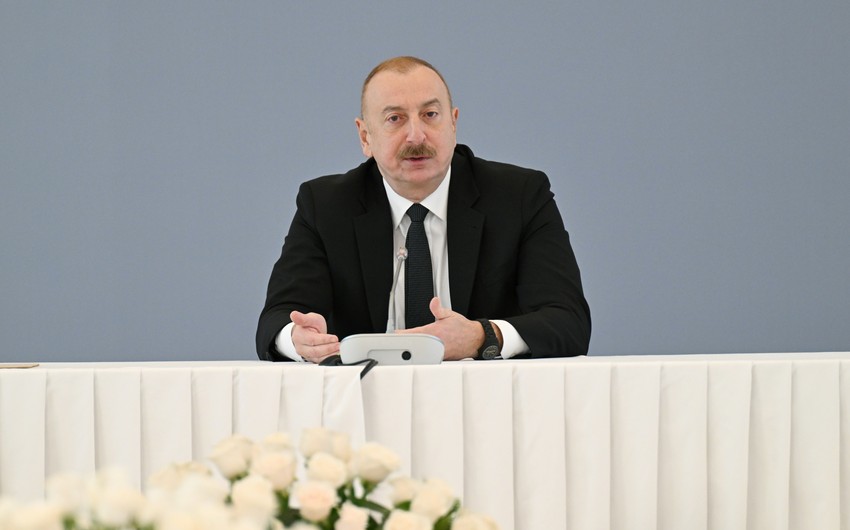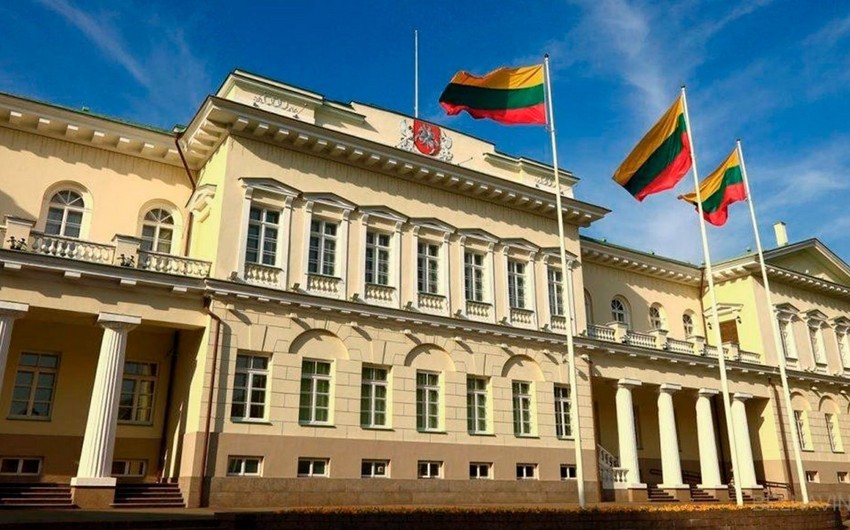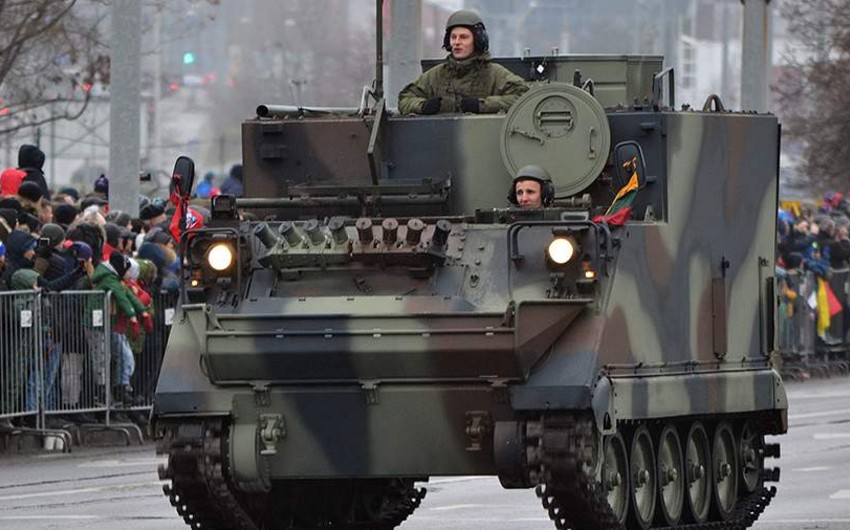To describe Simone Veil’s burial in the French Panthéon on Sunday as a consensual move is to belittle the Holocaust survivor’s achievements in overcoming sexism and prejudice throughout a lifetime scarred by personal tragedy.
For well over a century after its inception, at the height of the French Revolution, the vast domed structure that dominates the left bank of Paris remained the exclusive preserve of men – or “Great Men”, as the motto carved on its solemn façade still proclaims. Built as a church and promptly converted into a secular necropolis, the Panthéon is a quintessentially French – and masculine – monument to the nation’s grandeur. When it welcomed its first woman, Sophie Berthelot, in 1907, it was only at the request of a “great man”, her husband and acclaimed scientist Marcellin Berthelot.
As the then interior minister, Aristide Briand, explained in a speech marking the couple’s transfer to the Panthéon, Mrs Berthelot was blessed with “all the rare qualities that enable a beautiful, gracious, delicate, loving and cultured woman to partake in the preoccupations, aspirations and accomplishments of a man of genius".
More than a century later, on Sunday, July 1, the Panthéon welcomes another couple with the induction of Simone Veil, who passed away exactly a year ago, and her husband Antoine – except this time it is the woman who is panthéonisée on merit.

“It’s an ironic reversal of roles,” says Camille Froidevaux-Metterie, a professor of political science at the University of Reims and author of several books on feminism and women in politics. “In this case it is Simone Veil’s own achievements that are recognised, and her husband who joins her at the family’s request.”
A former health minister who championed the 1974 law legalising abortion in France, Veil is only the fifth woman to be buried in the Panthéon, as opposed to 73 men, many of them Napoleonic officials now unknown to the French. There might have been even fewer women, Froidevaux-Metterie notes, had Veil not helped persuade former French President François Mitterrand to transfer the ashes of Marie Curie, a Nobel laureate, in 1995, sixty years after her death. Curie was also entombed alongside her husband, Pierre, with whom she shared one of her two Nobels.
A presidential privilege
Finding candidates fit to rest alongside the likes of Voltaire and Victor Hugo is one of the regal prerogatives of French presidents, a chance to capture the mood of the nation, rekindle the flame of patriotism, and hope some of the glow will rub off on them – and on their ever-miserable ratings.
It doesn’t always work out. When Nicolas Sarkozy named Albert Camus, another Nobel laureate, as his pick for the mausoleum, the writer’s family declined. His successor François Hollande took the matter so seriously he commissioned a report on who should be inducted and sought advice from the public. The report suggested naming women only, in an effort to tackle the massive gender imbalance. After much dithering, Hollande opted for two women (Germaine Tillion and Geneviève de Gaulle-Anthonioz) but also two men (Pierre Brossolette and Jean Zay), all of them members of the French Resistance to Nazi occupation. True to form, he had sought to please everyone, only for critics to lament an awkward attempt at introducing quotas by gender.
France’s current leader, its youngest since Napoleon, has had no such hesitations regarding the choice of Veil, a widely revered figure whose long list of distinctions includes being the first woman to head the European Parliament. A passionate Europhile elected on a neither-right-nor-left platform, Emmanuel Macron can hope to claim a form of kinship with Veil’s own Europeanism and centrist politics – if not quite her tact and modesty.
And yet for all the respect and admiration Veil commands across the political divide, it would be wrong to describe her as an obvious, almost unadventurous pick for the Panthéon, says Froidevaux-Metterie.
“Abortion and Holocaust remembrance are hardly consensual matters,” she points out. “It is Veil’s persuasiveness and strength of character that ensured her person and her legacy are unanimously acclaimed.”
Feminist in all but name
As one of the more than 76,000 Jews deported from France during World War II, Veil appears on the Wall of Names at the Shoah Memorial in Paris, under her maiden name Simone Jacob. So do her father André, her mother Yvonne, her sister Madeleine and her brother Jean. Of the five, only Madeleine and Simone survived the ordeal, though Madeleine would die in a car crash just seven years after the war.
For decades thereafter, Veil played an important role in raising awareness of the Holocaust, and of French responsibility in the deportation of French Jews, in a country reluctant to own up to its collaborationist past during the war. Her own experience also inspired a lifelong dedication to European integration and Franco-German reconciliation. In the twilight of her life she conceded that the European ideal had weakened, though adding: “When I look back on the last 60 years, it is still our greatest achievement.”

Veil was still only 17 when she returned, orphaned and emaciated, from the Nazi camps at Auschwitz and Bergen-Belsen. She resumed her studies and soon climbed up to the top ranks of public life, securing multiple platforms to advance women’s rights. She notably strove to improve women's conditions in French jails and, during the Algerian War of Independence, obtained the transfer to France of Algerian female prisoners amid reports of widespread abuse and rape. Later achievements included pushing for gender parity in matters of parental control and adoption rights. Then, in 1974, her appointment as health minister in the centre-right administration of President Valéry Giscard D’Estaing paved the way for the defining test of her political career: legalising abortion.
In many ways, Veil, a political novice who did not consider herself a feminist, was an unlikely choice to carry that struggle. Her appointment was the result of a political calculation, says Armelle Le Bras-Chopard, a professor at the University of Versailles Saint-Quentin en Yvelines specialising in politics and gender equality. She added: “Veil was a centrist, tied neither to the left nor the right. She looked new to politics and had a profile everyone could identify with. There wasn’t a whiff of scandal about her. She led a very normal life, married with three children.”
Froidevaux-Metterie says the secret to Veil’s success was to frame the debate as a matter of public hygiene by stressing the horrific casualty rate caused by clandestine abortions. She points to a paradox in Veil’s status as a feminist icon: “Veil was not a feminist campaigner, but she became the protagonist of the principal feminist struggle of her time,” she says.
“Handing women control over their reproductive body was nothing short of a revolution, an anthropological break with the past,” Froidevaux-Metterie explains. “Veil embodies this break, in the context of a popular movement she took no part in, and facing down a hostile parliament that counted only nine women.”
Uniting France
In a now-famous opening address to the National Assembly on November 26, 1974, Veil told the chamber almost entirely composed of men: “We can no longer shut our eyes to the 300,000 abortions that each year mutilate the women of this country, trample on its laws and humiliate or traumatise those who undergo them.” She added: “No woman resorts to an abortion with a light heart. One only has to listen to them: it is always a tragedy.”

The speech came at a personal cost for the health minister, who endured a torrent of abuse from members of her own centre-right coalition. One lawmaker claimed her law would "each year kill twice as many people as the Hiroshima bomb”. A second berated her for "choosing genocide". Another still spoke of embryos "thrown into crematorium ovens". The bill was eventually passed, thanks to support from the left-wing opposition, though the Holocaust survivor had to withstand the affront of swastikas painted on her car and home.
Veil’s legacy owes much to the dignity with which she weathered that storm. Today, the law that carries her name enjoys overwhelming support and few politicians dare challenge it. Over the years, she has consistently topped the charts of France’s most popular figures.
In 2008, when an 81-year-old Veil was elected to the Académie française, the august body that presides over the French language, the novelist Jean d’Ormesson reflected on her huge and enduring popularity. In a speech welcoming the newcomer, he declared: “In your case, this approval does not rest on mediocre and lame consensus among the countless opinions that never cease to divide our old nation. It rests on principles that you affirm, in spite of all opposition, without ever raising your voice, and manage to persuade everyone of.”

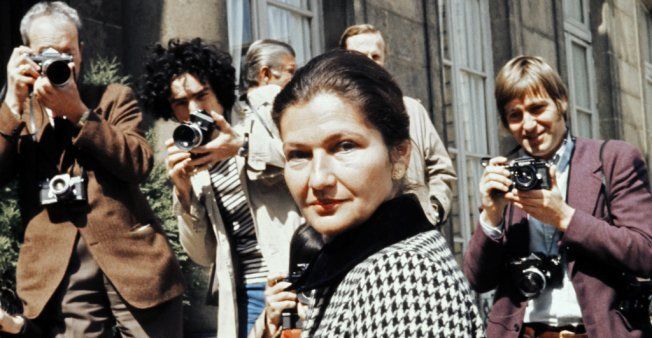
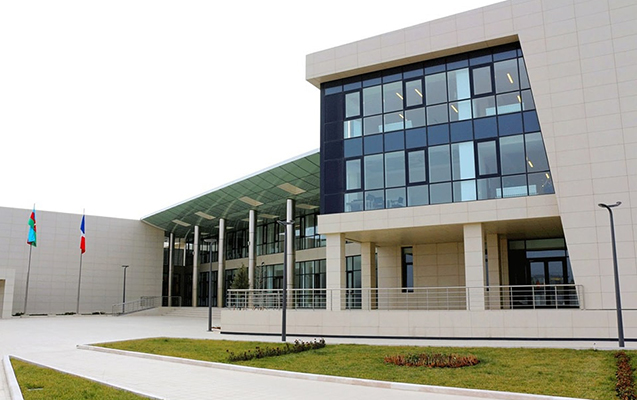
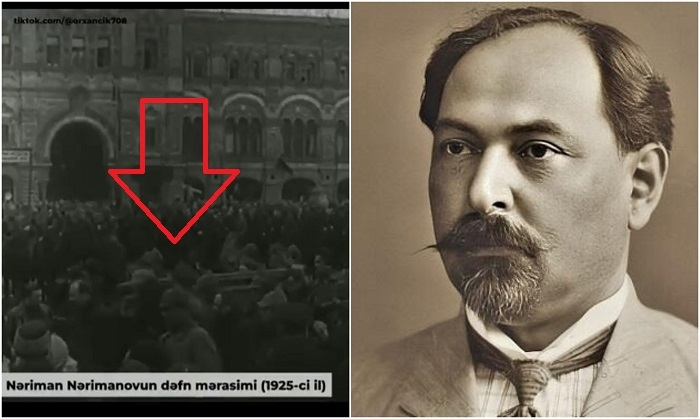
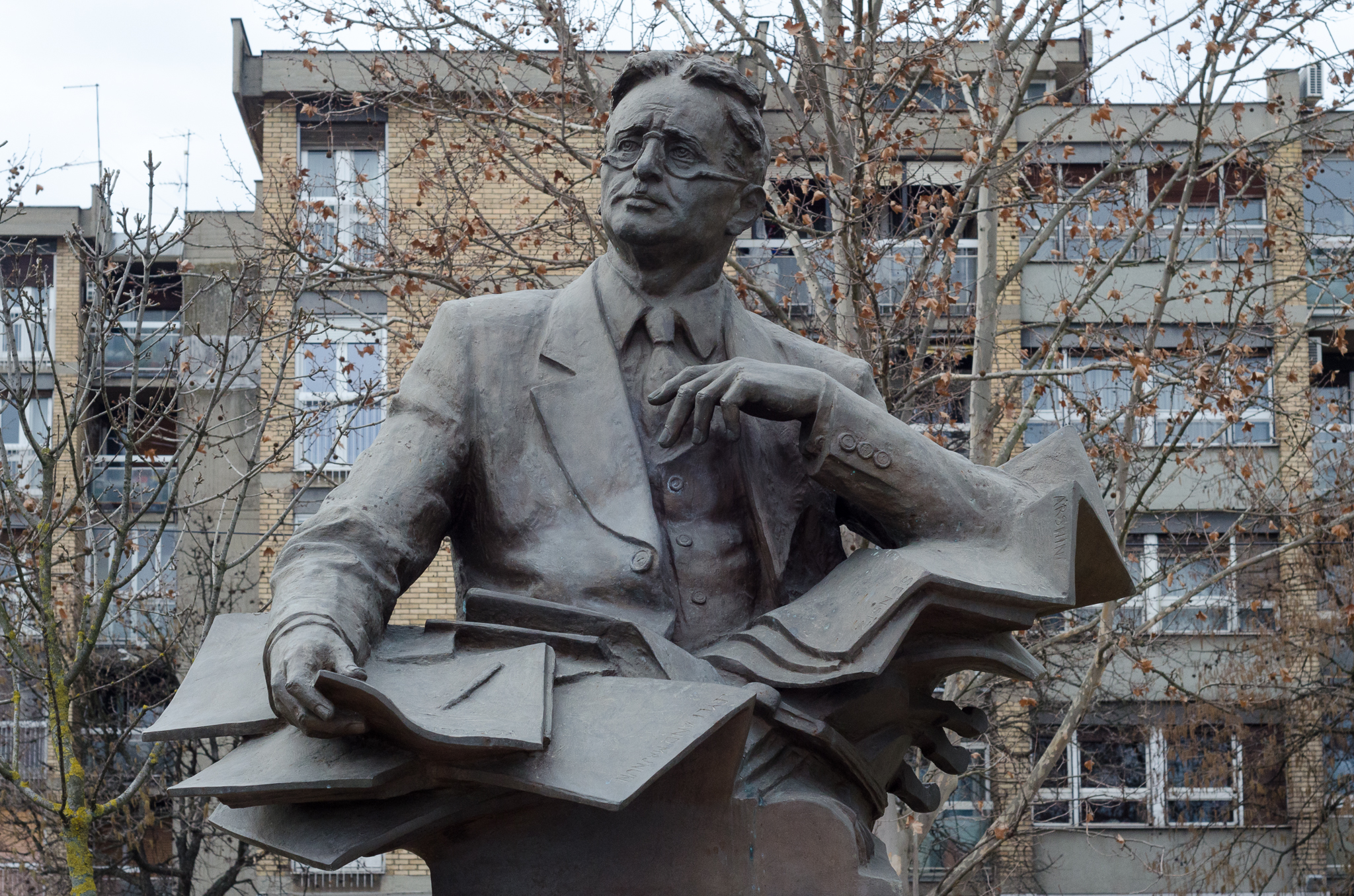
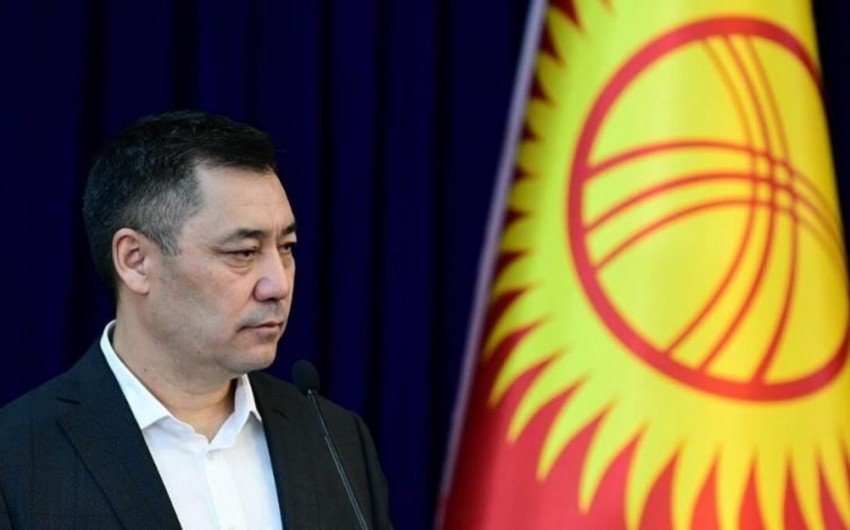


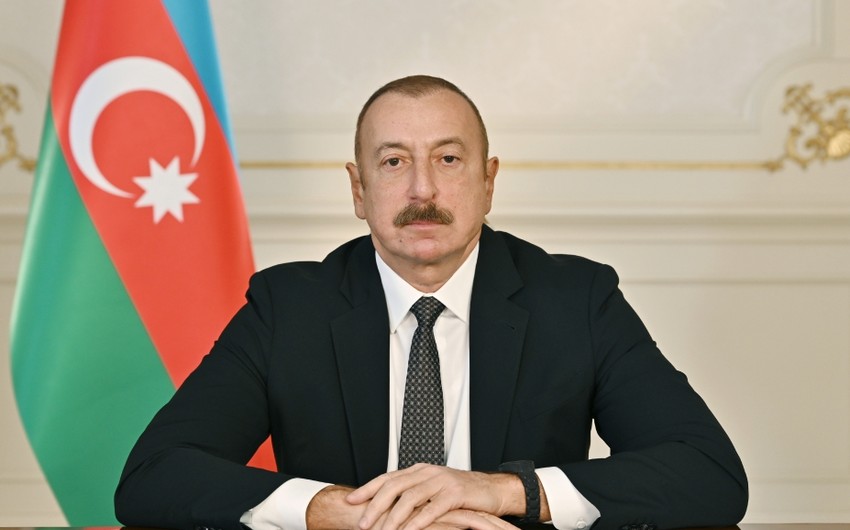
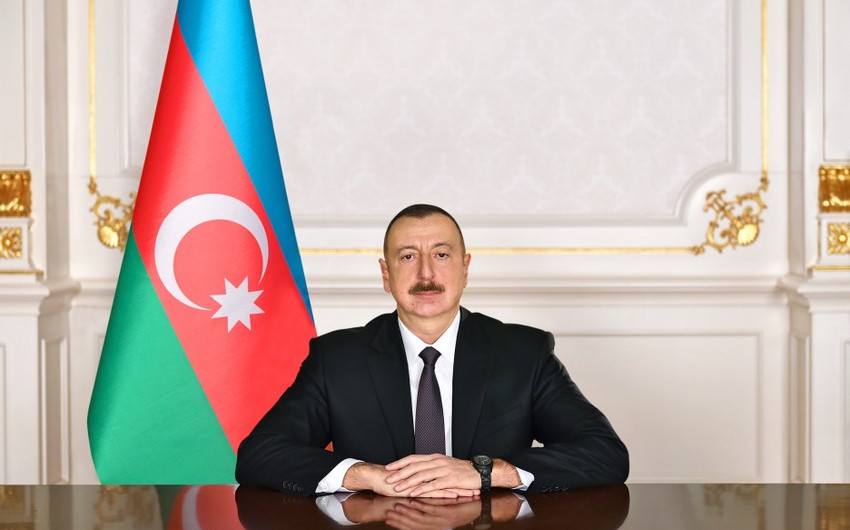
.jpg)


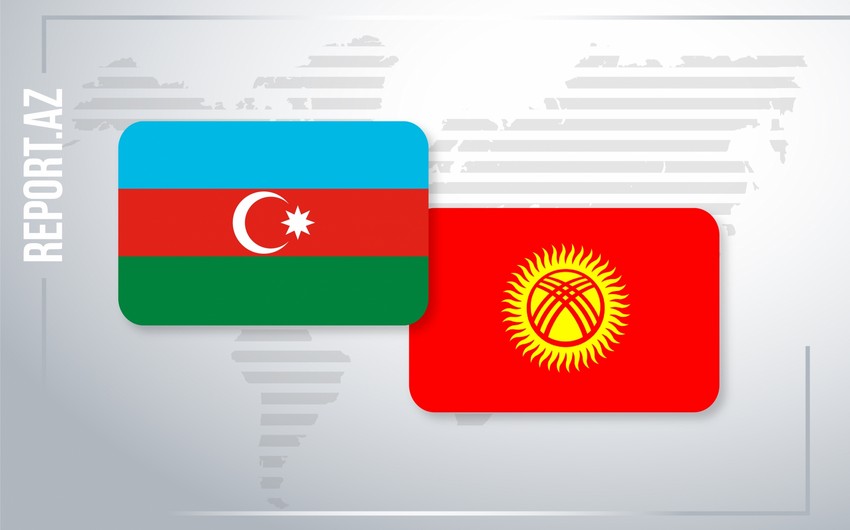

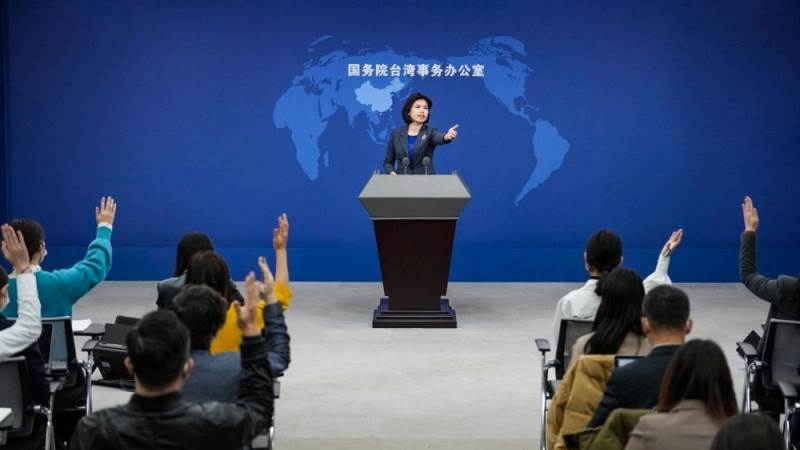
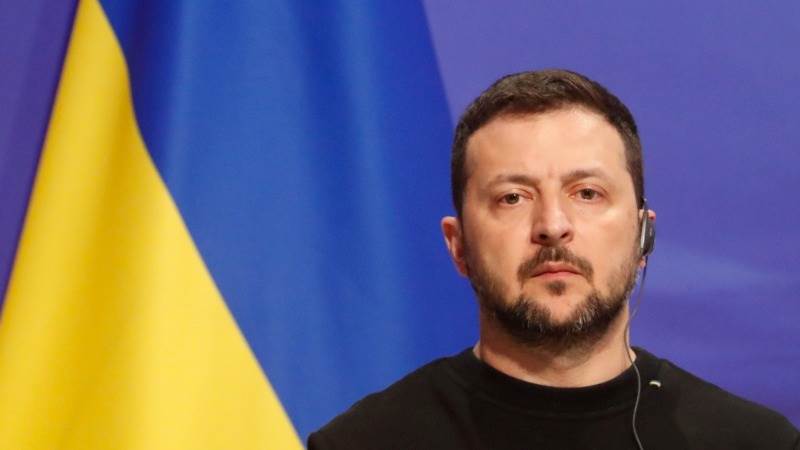
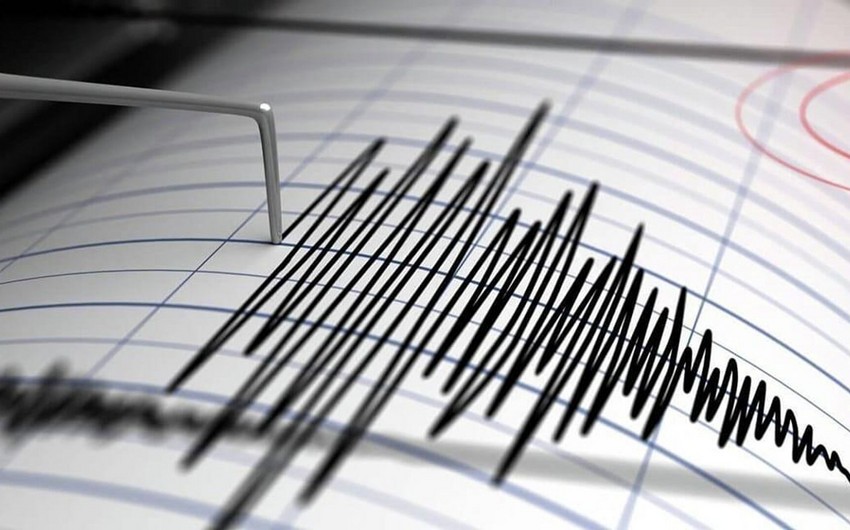


.jpg)
